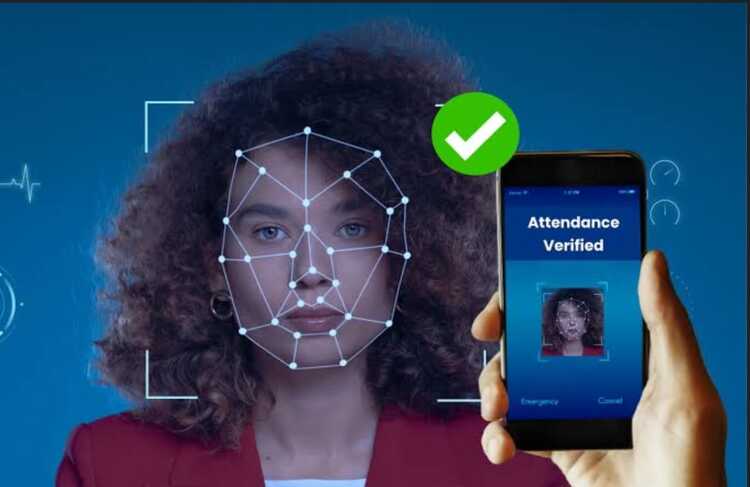Article Today, Hyderabad: The National Medical Commission (NMC) has stepped up its efforts to monitor faculty attendance in medical colleges. However, this initiative has faced a serious challenge. Certain companies have developed mobile applications that allow faculty to mark attendance remotely using facial recognition. These apps reportedly cost as little as ₹7,000, making them easily accessible and highly disruptive.
From Fingerprints to Facial ID
Earlier, NMC mandated biometric fingerprint scanners to ensure that faculty members were physically present in colleges. But the system revealed several loopholes. Reports surfaced of faculty marking attendance without actually being on campus. In response, NMC moved to a facial recognition system, intending to eliminate proxy attendance and enforce stricter discipline.
Technology Outsmarts the System
Despite the shift to facial recognition, technology has found a new workaround. Companies offering these remote-access apps claim they can simulate presence without being physically located at the institution. This development has sparked serious concerns among medical education authorities. It undermines the very purpose of the NMC’s digital reforms and raises questions about the effectiveness of surveillance tools in regulating faculty conduct.
Growing Concern Among Medical Colleges
The issue has triggered widespread discussion in academic circles. Many fear it could erode the quality of medical education if not tackled swiftly. Students depend on qualified and present faculty for consistent academic delivery. Remote attendance through fake recognition apps may compromise classroom learning and institutional credibility.
Regulatory Action Awaited
As the use of such apps becomes more widely known, attention now turns to NMC’s response. Authorities have not yet released an official statement on how they plan to curb this practice. However, experts suggest the Commission may need to tighten technological controls, investigate app vendors, and set stricter compliance rules for colleges.
Ethics and Accountability in Question
This incident once again highlights how digital systems, if not foolproof, can be misused. It raises larger questions of ethics, responsibility, and regulatory oversight in India’s medical education sector. As the NMC works to improve transparency and accountability, cracking down on such misuse will be crucial to restoring integrity in the system.



